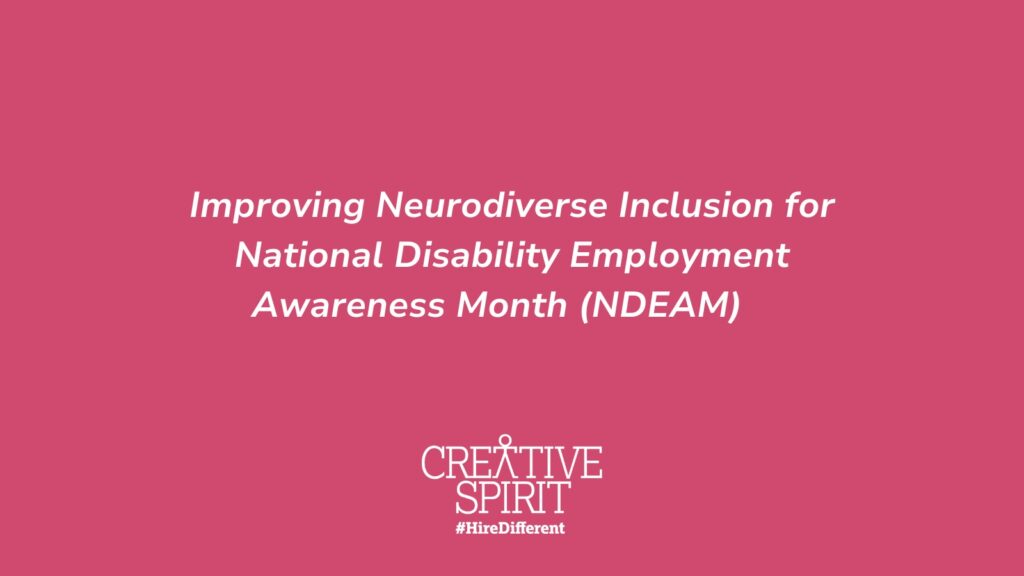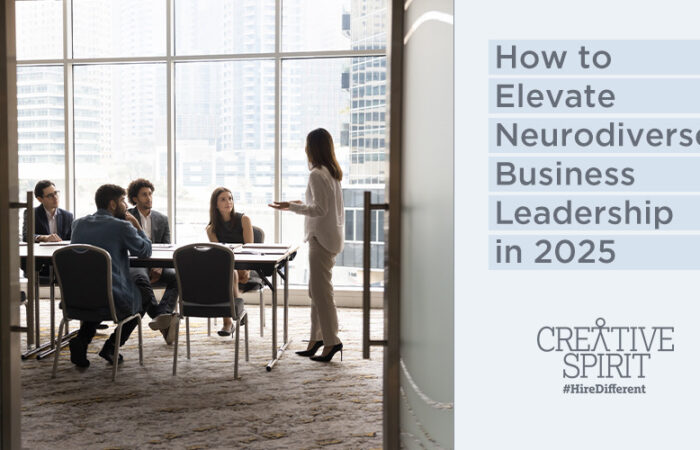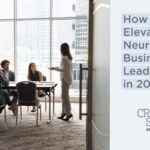Written By: Menachem Rephun, Communications Manager, Creative Spirit

October is National Disability Employment Awareness Month (NDEAM), an annual campaign dating back to 1945 that focuses on improving employment inclusion, representation, and accessibility for people with disabilities and neurodiverse conditions. NDEAM is also centered on raising awareness of ableism and the stereotypes and misconceptions that interfere with employment for people with disabilities. This is especially urgent at a time when 85% of adults with intellectual and developmental disabilities (IDD) in the U.S. are unemployed. Creative Spirit is dedicated to overcoming ableism and prejudice by encouraging employers to recognize the talent, passion, and creativity that people with disabilities contribute. As The Arc.org writes, “Employees with disabilities are dependable, loyal, and eager to learn—and research shows that their inclusion in the workforce improves overall employee retention rate and morale.”
In a study published this Summer, Harvard Business Review (HBR) found that hiring employees who are neurodiverse is a competitive advantage in four ways. These are 1): unique talents 2): elevating workplace culture to become more collaborative and productive: 3) enhancing value proposition with customers through a reputation for inclusiveness: and 4) gaining a competitive edge in the competition for capital and talent through recognition as being socially responsible. HBR also points out the connection between autism spectrum disorder (ASD) and talents like pattern recognition and strong attention to detail, both of which are extremely valuable in roles connected with computing, science, engineering, and other aspects of technology. Major companies like Microsoft, Google, SAP, and others have taken note of this, and have launched programs to include individuals with autism in the workforce. HBR noted that the Government Communications Headquarters of the British intelligence service has hired employees with dyslexia, due to their skill at spotting anomalies others might miss. HBR also expanded on the ways in which employees with disabilities can help build a more collaborative workplace culture. “The challenge in nurturing a sense of community is overcoming people’s tendency to compete for status and recognition,” the report explained. “Employing people with disabilities, however, can mitigate it. Because they may need active support and assistance with certain things, working with them can inspire their colleagues to develop more-cooperative habits and attitudes.”
The growing movement towards employing people with disabilities is not limited to the U.S. HBR found that companies like the Gran Estacion shopping mall in Bogota, Colombia employ people with disabilities in customer relations roles, as they’ve been found to increase positivity and are often skilled at defusing anger and negativity in customers. Out of 57 companies surveyed by Harvard Business Review, 88% said that hiring employees with disabilities significantly improved their companies internal culture, with 70% in strong agreement. Additionally, 74% of HR professionals said their teams had begun to work better together, while 75% said that hiring individuals with disabilities had improved the general atmosphere within their organization. “There is nothing wrong with wanting to do good in the world,” HBR concludes, “but there is also nothing wrong with wanting to do well, and the latter is enough reason to employ people with disabilities.” National Disability Employment Awareness Month is an opportunity for employers to re-evaluate their priorities, develop new strategies for neurodiverse, inclusion, and appreciate that hiring employees with disabilities is both ethical and sound business practice.
NDEAM is also an opportunity to raise awareness of the need to end outdated, ableist policies like 14c, a provision of the 1938 Fair Labor Standards Act (FLSA) which allows employers to pay workers with disabilities (many of whom are employed in “sheltered workshops”) sub-minimum wage. Creative Spirit is working with our partners on Capitol Hill to support legislation like the Transformation to Competitive Integrated Employment Act (TCIEA), which would phase out 14c over a 6-year period; create a competitive grant program to assist with that transition; establish a Technical Assistance center to support the transition; and require reporting and evaluation on the progress of creating and expanding the service delivery structure to support workers with disabilities in competitive integrated settings. For NDEAM, we’re redoubling our commitment to our #HireDifferent agenda, which involves placing or connecting at least 1 million candidates in fair-wage roles by 2030. For NDEAM, let’s work together not only to raise awareness, but to significantly change the way we do business and the way we approach hiring, representation, accessibility, and inclusion for millions of people with disabilities, improving as a society and economically in the process.
Sources:
1. https://hbr.org/2023/07/disability-as-a-source-of-competitive-advantage
2. https://www.aucd.org/docs/publications/policy/2019_0830_transformation_act.pdf






